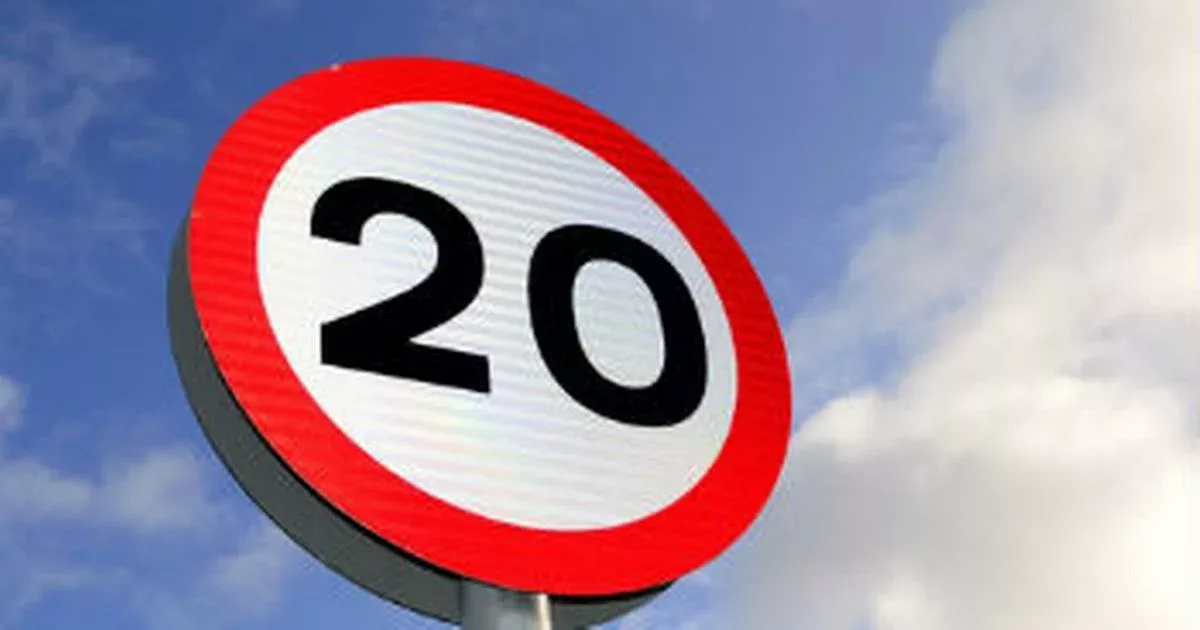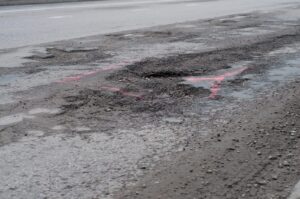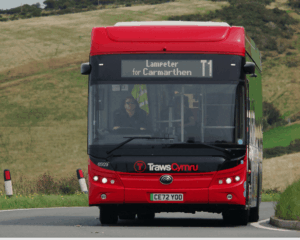Reducing speed will not only save lives but will help build stronger, safer communities, Deputy Climate Change Minister Lee Waters has said three months before the introduction of the default 20mph speed limit.
Described as the ‘biggest step-change in community safety in a generation’, most streets in Wales that currently have a 30mph speed limit will switch to 20mph on Sunday, September 17.
The change comes after four years of work with local authorities, police and road safety experts to design a change in law, making Wales the first UK nation to reset the default speed limit for local roads.
The Deputy Minister with responsibility for transport said: “We’re now just three months away from the biggest step-change in community safety we have seen in Wales for a generation.
“In Wales we do things differently, we look after each other and trust the science. Evidence shows that a vehicle travelling at 30mph will still be travelling at 24mph in the time it would take a car travelling 20mph to stop. Reducing speed not only saves lives; it will help build stronger, safer communities – better places to live our lives.”
The move follows a similar approach in Spain where the speed limit on the majority of roads was changed to 30km/h in 2019.
Since then, Spain has reported 20% fewer urban road deaths, with fatalities reduced by 34 per cent for cyclists and 24 per cent for pedestrians.
First Minister Mark Drakeford added: “Our streets will be quieter, reducing the scourge of noise pollution, and slower speeds also boosts the confidence of people to cycle and walk around their local areas and for children to play outdoors.
“Evidence from around the world is clear – reducing speed limits reduces collisions and saves lives.
“I am confident if we all work together, we can make the necessary changes that will benefit us now and in the future.”
Research shows the 20mph default speed limit could save £92m a year by reducing the number of deaths and injuries. It could also help to reduce pressure on the NHS from a reduction in injuries from road traffic collisions.
Over the first decade, it is estimated a lower speed limit will save up to 100 lives and 20,000 casualties.
Joshua James, Public Affairs Manager, Living Streets Cymru said: “Introducing 20mph as the default speed on our streets will improve the places where we live, work and go to school – and most importantly, it will save lives.
“At Living Streets, we want everyone in our communities to enjoy the benefits of walking and cycling – now and for many years to come. Research shows that the majority of people in Wales support 20mph, and we are pleased to be working with the Welsh Government to ensure that our streets and pavements are safe and accessible for everyone.”
Dr Sarah Jones, Consultant in Environmental Public Health for Public Health Wales, said: “Public Health Wales strongly supports 20mph legislation, which will transform the places where people live, work and travel. The evidence is clear that reducing traffic speeds has multiple health and wellbeing benefits. It improves road safety, reduces noise pollution and over time will help to tackle air pollution. The safer environment that slower traffic speeds bring will also enable more people to actively travel, for example walking and cycling to work and school.
“Active travel offers such a wide range of benefits across society, boosting physical and mental health, and reducing the demand on our health service of treating many preventable illnesses.”
























